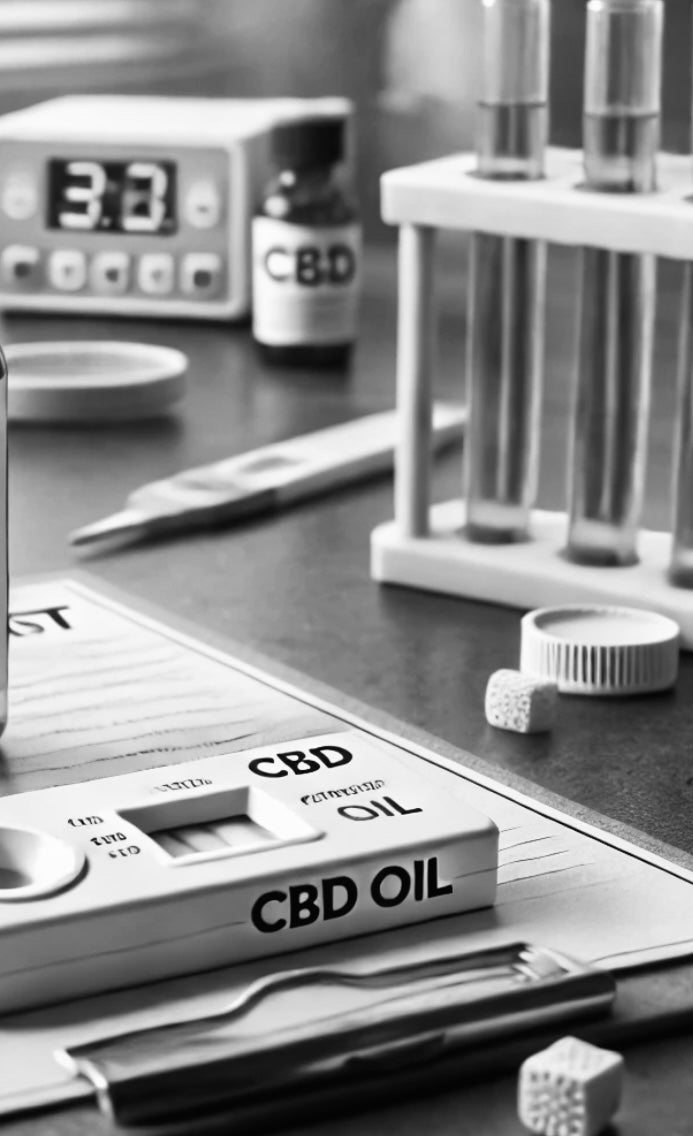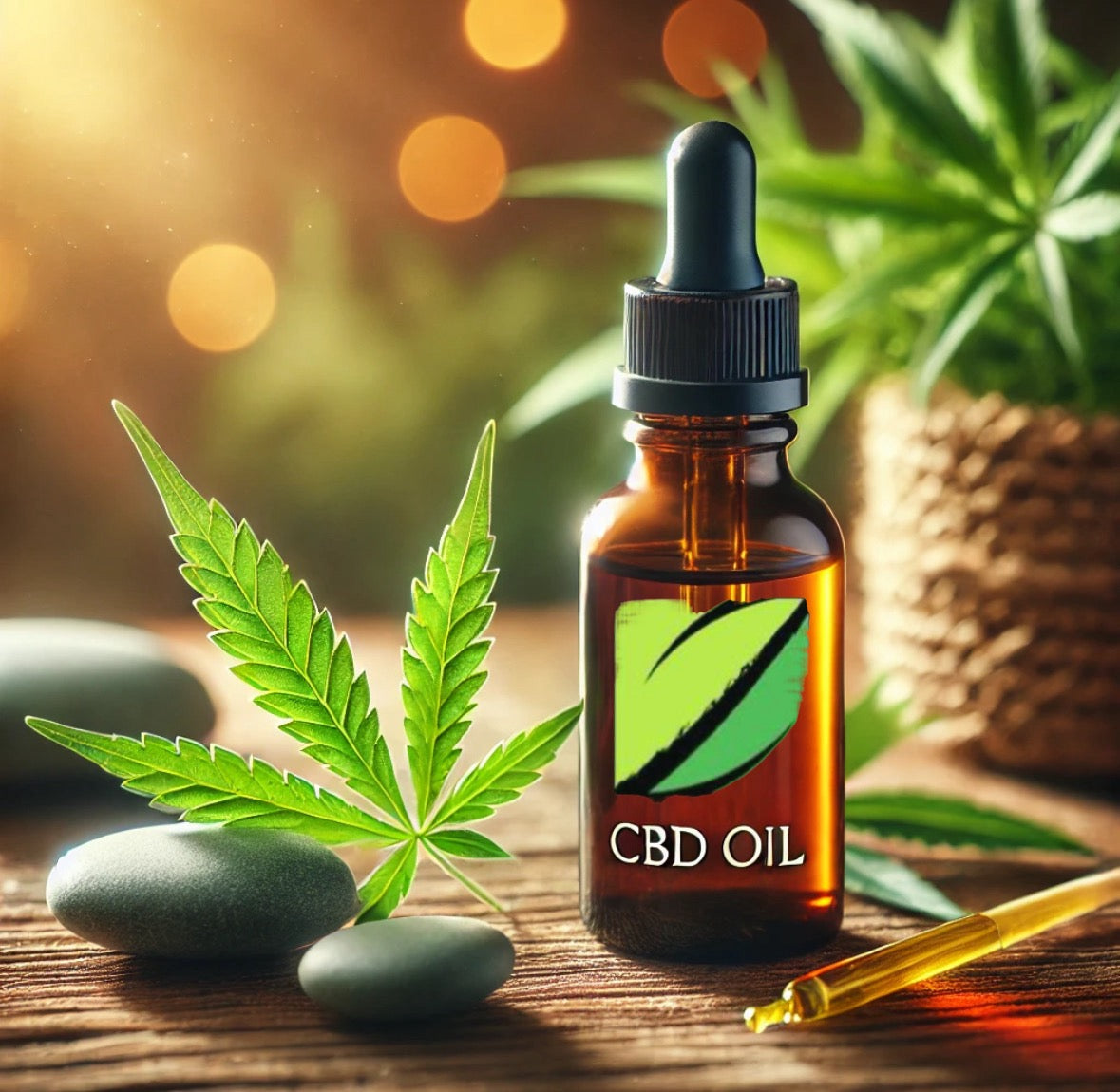Will CBD Oil Show Up on a Drug Test?

In recent years, CBD oil has gained widespread popularity for its potential health benefits, including relief from anxiety, pain, and insomnia. However, a common concern among users is whether CBD oil can show up on a drug test. This blog will explore the relationship between CBD oil and drug tests, including detection times and tips to avoid false positives.
Understanding CBD and Drug Tests
1. What is CBD? Cannabidiol (CBD) is a non-psychoactive compound found in cannabis plants, distinct from THC (tetrahydrocannabinol), the compound responsible for the “high” associated with marijuana. CBD is often derived from hemp, which is legally required to contain less than 0.3% THC.
2. Types of Drug Tests Drug tests come in several forms, including urine, blood, hair, and saliva tests. Most workplace drug tests use urine tests due to their ease of administration and cost-effectiveness.
3. CBD vs. THC CBD oil typically contains minimal levels of THC, especially if it's derived from hemp. However, some CBD products, particularly full-spectrum ones, may contain trace amounts of THC, which can potentially be detected in drug tests.
Will CBD Oil Show Up on a Drug Test?
1. Detection of THC Standard drug tests, such as urine tests, are designed to detect THC and its metabolites, not CBD. Therefore, pure CBD oil with negligible THC should not result in a positive drug test. However, if a CBD product contains higher levels of THC than advertised, it could trigger a positive result.
2. Detection Times for THC The detection window for THC varies depending on the type of test:
- Urine Tests: THC can be detected in urine for up to 30 days, depending on usage frequency and the amount of THC consumed.
- Blood Tests: THC is typically detectable in blood for up to 1-2 days.
- Hair Tests: THC can be detected in hair for up to 90 days.
- Saliva Tests: THC is usually detectable in saliva for up to 24 hours.
Avoiding False Positives
1. Choose CBD Products Wisely
- Full-Spectrum vs. Broad-Spectrum: Full-spectrum CBD products contain trace amounts of THC, which could lead to a positive drug test. Opt for broad-spectrum or isolate CBD products, which are typically free of THC.
- Third-Party Testing: Look for CBD products that have been tested by independent laboratories. These lab results, often available on the product’s website or packaging, can confirm the THC content and ensure it meets legal limits.
2. Check the Product Label
- THC Content: Ensure the product label states that the CBD oil contains less than 0.3% THC. This is the legal limit for hemp-derived CBD products in the U.S.
- Batch Number and Certification: Verify the batch number against lab results to ensure accuracy.
3. Consider the Type of Drug Test
- Urine Tests: If you are concerned about THC, you might want to discuss with your employer the possibility of using alternative testing methods or specifying a threshold for THC detection.
- Blood and Saliva Tests: These tests are less likely to detect CBD-related THC if the product is used within recommended limits.
4. Consult with a Healthcare Professional
- Personal Health Considerations: If you are using CBD for medical reasons, consult with your healthcare provider. They can guide you on the best products and dosages to minimize any risk of THC detection.
Conclusion
While CBD oil itself is unlikely to cause a positive drug test result, the presence of THC in some CBD products could potentially lead to a positive outcome. To minimize the risk of false positives, select high-quality CBD products with verified THC content, and consider the type of drug test being used. Always consult with professionals if you have concerns, especially if you are subject to drug testing for employment or legal reasons.
By staying informed and choosing your CBD products carefully, you can enjoy the benefits of CBD oil with greater peace of mind regarding drug testing.



